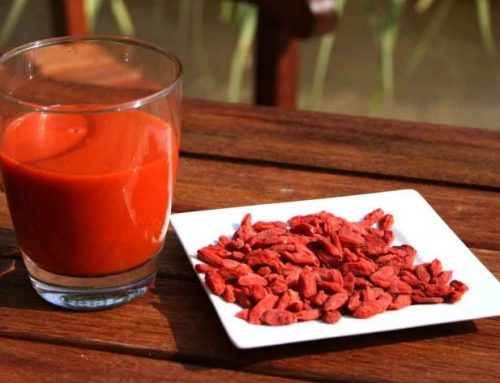Branched-chain amino acids (BCAAs) are a group of three essential amino acids:
- leucine
- isoleucine
- valine
BCAA supplements are commonly taken to boost muscle growth and enhance exercise performance. They may also help with weight loss and reducing fatigue after exercise.
What are BCAAs?
BCAAs consist of three essential amino acids:leucine,isoleucine,valine
These amino acids are grouped together because they are the only three amino acids to have a chain that branches off to one side.
Like all amino acids, BCAAs are building blocks your body uses to make proteins.
BCAAs are considered essential because, unlike nonessential amino acids, your body cannot make them. Therefore, it is essential to get them from supplements.
How do branched-chain amino acids work?
BCAAs make up a large chunk of the body’s total amino acid pool.
Together, they represent around 35–40% of all essential amino acids present in your body and 14–18% of those found in your muscles.
Contrary to most other amino acids, BCAAs are mostly broken down in the muscle, rather than in the liver. Because of this, they are thought to play a role in energy production during exercise.
BCAAs play several other roles in your body.
First, your body can use them as building blocks for protein and muscle.
They may also be involved in regulating your blood sugar levels by preserving liver and muscle sugar stores and stimulating your cells to take in sugar from your bloodstream.
What’s more, BCAAs may help reduce the fatigue you feel during exercise by reducing the production of serotonin in your brain.
Out of the three, leucine is thought have the biggest impact on your body’s capacity to build muscle proteins
Meanwhile, isoleucine and valine seem more effective at producing energy and regulating your blood sugar levels
BCAAs may help reduce exercise fatigue ,improve endurance
In a 2013 studyTrusted Source involving 26 college-age males, researchers randomly assigned participants to groups. One group took a BCAA supplement and the other a placebo. The team then asked the participants to cycle to exhaustion.
The researchers found that during the cycling, blood levels of serotonin were lower in the participants who took BCAA. Serotonin is an important brain chemical that also plays a role in exercise fatigue.
BCAA supplementation also improved energy metabolism and lowered levels of substances that indicate muscle damage, such as creatine kinase and lactate dehydrogenase.
Taking BCAA supplements can improve exercise performance.
BCAA supplements reduce muscle soreness
BCAAs may also help your muscles feel less sore after exercise.
One way they may do so is by lowering blood levels of the enzymes creatine kinase and lactate dehydrogenase, which are involved in muscle damage. This may improve recovery and provide some protection against muscle damage.
Various studies asked participants to rate their muscle soreness levels after performing certain strength-training exercises.
Participants who were given BCAA supplements rated their muscle soreness levels as much as 33% lower than those given a placebo.
In some cases, those given BCAAs also performed up to 20% better when they repeated the same strength-training tests 24–48 hours later.
However, effects may vary based on your gender or the total protein content of your diet
BCAAs may increase muscle mass
Some people who purchase BCAA supplements do so to increase their muscle mass.
After all, research shows that BCAAs do activate enzymes responsible for building muscle.
Some studies also show that BCAA supplements may be effective at increasing muscle mass, especially if they contain a higher proportion of leucine than isoleucine and valine.







Leave A Comment